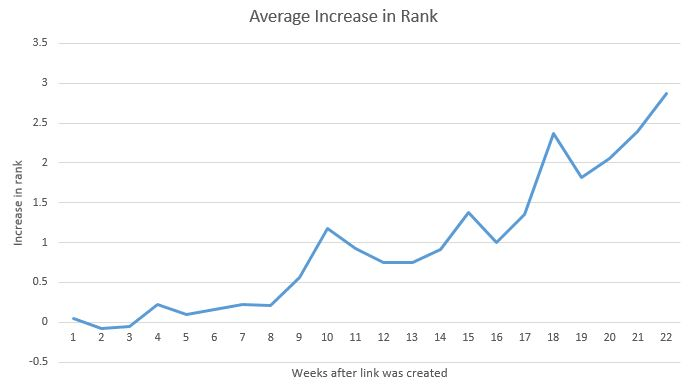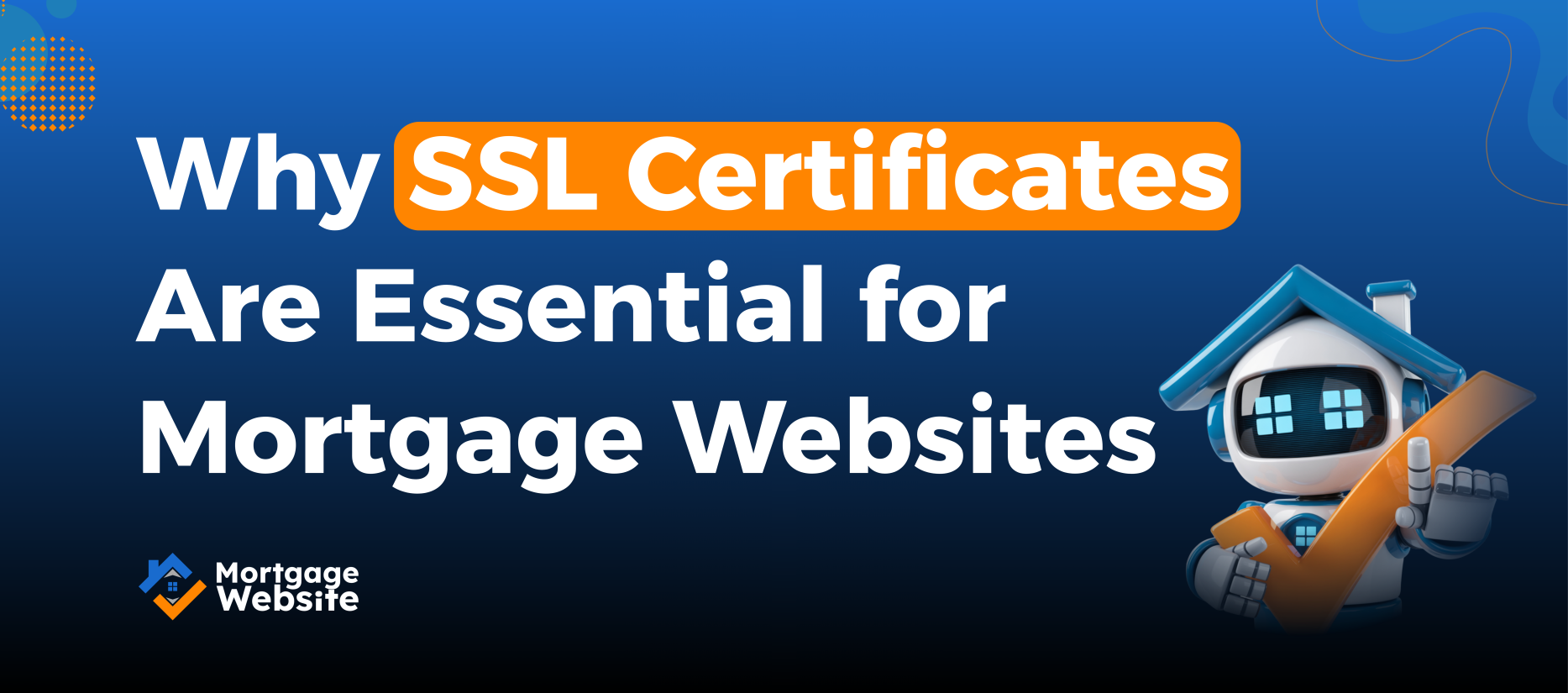Why SSL Certificates Are Essential for Mortgage Websites
In today’s digital mortgage marketplace, your website isn’t just your online business card it’s your primary client engagement tool.
From capturing pre approval applications to sharing rate information and scheduling consultations, your website handles deeply personal data. Social Security numbers, income verification, employment status, and bank account info all flow through your forms and contact pages.
Without proper protection, you’re leaving your clients (and business) dangerously exposed.
That’s where SSL certificates come in.
In this article, we’ll unpack exactly what SSL is, why it’s mandatory for mortgage websites, how it impacts SEO and compliance, and which platforms already include SSL protection automatically (hint: GetMortgageWebsite does!).
Key Takeaways
SSL encrypts sensitive data like SSNs, credit history, and contact info
Google marks non SSL mortgage websites as “Not Secure,” driving away leads
SSL boosts SEO rankings and conversion trust
It’s essential for GLBA, CFPB, and state-level compliance
Platforms like GetMortgageWebsite include SSL automatically, with no setup required
What is an SSL Certificate
SSL (Secure Sockets Layer) certificates are digital safeguards that encrypt data transmitted between your mortgage website and a visitor’s browser.
That “s” in https:// and the padlock icon in the address bar? That’s SSL doing its job.
Here’s what it protects:




SSL ensures this data is unreadable to hackers, giving your clients the privacy they demand.

Why Mortgage Websites Are Prime Targets Without SSL
Unlike eCommerce or blogs, mortgage websites collect extremely valuable data the kind cybercriminals love:
Social Security Numbers
Credit history reports
Tax returns and W2s
Bank account details
Personal and employment verification
Mortgage websites are gold mines for hackers.
Without SSL, you risk interception via:
- Man-in-the-middle attacks
- Browser sniffers
- Form data breaches
A single breach can lead to costly fines, a damaged reputation, and permanent loss of client trust. In the mortgage industry, security lapses are rarely forgiven.
How SSL Improves Google Rankings
Google has confirmed that HTTPS is a ranking signal. In fact, sites with SSL tend to outrank those without it in identical conditions.
Here’s how SSL helps your SEO:




And when you’re in a competitive mortgage market, that first-page ranking could be the difference between $100k in loans… and zero leads.

SSL Builds Trust from the First Click
Put yourself in your client’s shoes:
They’re searching for a mortgage broker. They find your site and click.
But before your headline even loads, Chrome displays a red “Not Secure” warning.

Now compare that with a site showing:


https:// prefix

Platform Matters: Get SSL Automatically with GetMortgageWebsite
Rather than navigating SSL certificates, security vendors, or renewing licenses annually, mortgage pros are turning to platforms that take care of this automatically.

Built specifically for mortgage brokers, loan officers, and small agencies, GetMortgageWebsite provides:






Step-by-Step: How to Know If Your Mortgage Site Has SSL
1. Open your website in Chrome
Go to your homepage and look at the address bar.
2. Check for the padlock icon 
This confirms your site has SSL active.
3. Ensure your URL begins with https://
If it still shows http:// or gives a warning, your site is NOT secure.
4. Use an SSL checker tool
Sites like SSLShopper let you enter your domain and verify certificate details.
Frequently Asked Questions
Can I get SSL without rebuilding my site?
Yes, but it depends on your current provider. If you’re unsure, platforms like GetMortgageWebsite handle everything automatically.
Does SSL slow down my mortgage site?
No. In fact, modern SSL protocols (like TLS 1.3) actually improve page speed by optimizing how data is delivered securely.
Is SSL included with GetMortgageWebsite?
Nope! Everything mentioned here—from mobile optimization to lead automation—can be done without writing a single line of code.
Can these platforms grow with my business?
Yes! Both are scalable whether you’re solo or managing a large team.
Conclusion
Your mortgage website isn’t just an online brochure it’s your 24/7 salesperson. Avoiding these common mistakes can mean the difference between crickets and a calendar full of qualified appointments. Whether you’re starting fresh or revamping, using tools like GetMortgageWebsite and TheBigBot CRM gives you the edge to convert more leads and grow confidently.

Start with a platform that does the heavy lifting for you—and gives your visitors a reason to trust and take action.

 Ready to Transform Your Mortgage Business?
Ready to Transform Your Mortgage Business?